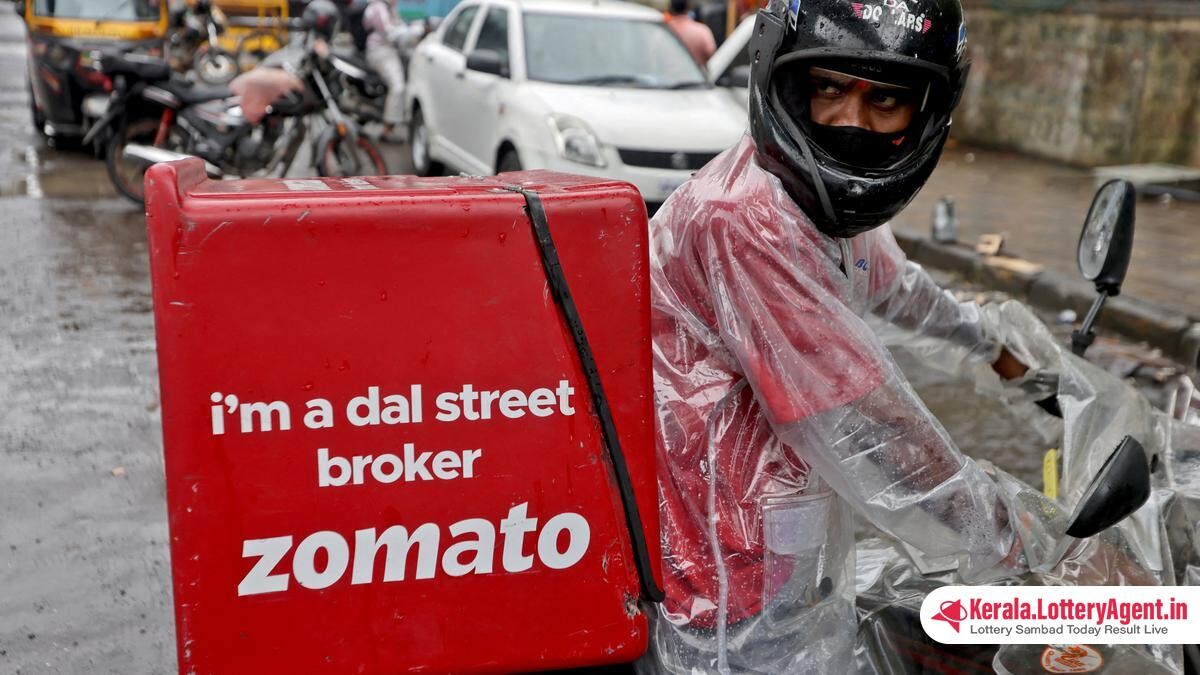
In a recent development that has caught the attention of the business community, online food delivery giant Zomato has become the subject of a significant tax demand and penalty. The tax order, amounting to a substantial ₹11.82 crore, has been issued by the Additional Commissioner, Central Goods and Services Tax, in Gurugram. This demand stems from the GST applied to services that Zomato exported to its overseas subsidiaries within the timeline from July 2017 to March 2021.
Breaking down the figures involved, the tax authority has raised a GST demand of ₹5,90,94,889. Adding to the severity of the order, a matching penalty amounting to another ₹5,90,94,889 has been imposed. The specific interest applicable to this demand has not been disclosed but is expected to further increase the financial implications for Zomato.
The demand order passed by the tax commissioner is pivotal in that it establishes a precedent by concluding that the services provided by Zomato to its foreign subsidiaries do not satisfy the conditions enumerated under the GST law to be recognized as an ‘export of service.’ Such a classification is critical for tax purposes as exports of services are generally taxed differently under the Indian tax regime, potentially enjoying certain exemptions or benefits.
Zomato, which recently announced its first-ever profit ahead of expectations, has not taken this order lightly. Responding to the developments, Zomato stated in a detailed regulatory filing late on April 19 that it is poised to challenge the order. The company expressed confidence in the legal grounds of its case and indicated that it would lodge an appeal against the demand with the proper authority.
Delving into its response to the initial show-cause notice, Zomato highlighted that it had provided comprehensive clarifications against the allegations. Alongside this, the company submitted supporting documents and referred to judicial precedents that it felt justified its position. Despite these efforts, the authorities maintained their stance in the finalized order.
This tax order comes on the heels of other legal challenges for Zomato, including a recent summons by a Delhi court over allegations of ‘false practices’ linked to the delivery of food from ‘iconic restaurants.’ The regulatory and legal landscape in which Zomato operates appears to be growing increasingly complex, with such incidents spotlighting the various risks and compliance issues faced by businesses operating in fast-evolving industries such as online food delivery.
The impact of this order on Zomato’s financials, investor sentiment, and broader market perception remains to be seen. While the company has managed to navigate its way to profitability, tax demands of this scale have the potential to be disruptive.
Zomato’s journey from a food-tech startup to a household name in India has been marked by rapid growth, technological innovation, and an aggressive expansion strategy. However, it has also been a journey fraught with regulatory challenges and scrutiny.
As Zomato prepares its appeal, industry observers and market participants will be keenly watching the outcome of this dispute. It is not just Zomato’s ledger that could be affected by the outcome, but potentially the treatment of GST on export services for other businesses in India. The company’s forthright disclosure of the issue and its intention to appeal reflects its approach towards transparency and due process.
Overall, this case serves as a reminder of the intricate dance between evolving tax regulations and burgeoning tech enterprises. As technology continues to break down traditional business barriers, the clarity and applicability of tax laws will invariably come under the spotlight. With Zomato gearing up for a legal challenge, the outcome will likely set an important precedent for the tech industry at large in relation to tax compliance and international service arrangements.












